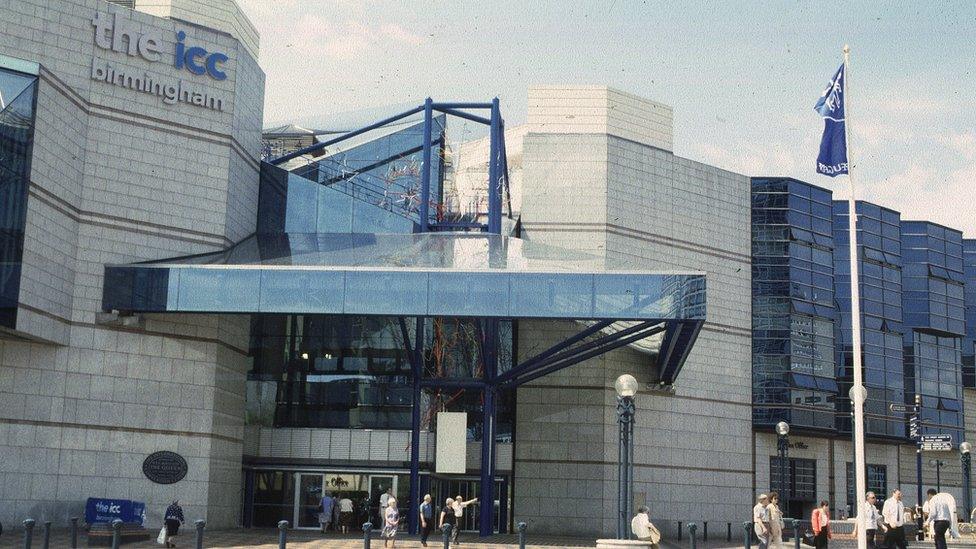Could 'bankrupt' Birmingham sell assets to raise funds?
- Published
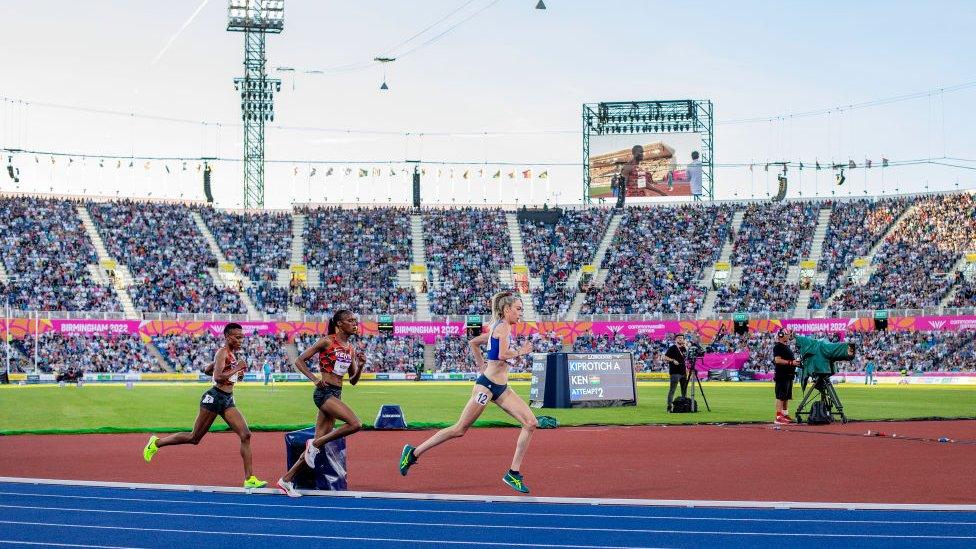
Alexander Stadium was put on the world stage during last year's Commonwealth Games
With its finances under scrutiny after it essentially went bankrupt, could Birmingham City Council sell off the land and property it owns to pay its bills?
It is two weeks since the authority said it was ceasing all non-essential spending, as it desperately worked out how to balance its books and pay off £750m in equal pay claims.
In a report ahead of its meeting on 25 September to put together a financial recovery plan, it is set to ask the government for "exceptional financial support" - likely to take the form of permission to borrow money to service debt, or sell assets, such as buildings and land, to raise cash to deal with its financial liabilities.
The Mayor of the West Midlands Andy Street has also suggested it should bring in a "taskforce of property experts" to realise its assets to help deal "specifically with the mammoth equal pay bill".
But doing that is not as easy as it sounds.
The council owns 26,000 acres across Birmingham, including 40% of all land within the city boundary, and about 6,500 property assets - and that is separate to housing, infrastructure and schools.
The property portfolio has a value of over £2.4bn and generates £32m in revenue.
Money made from sales of assets is usually restricted to fund other capital expenditure or paying off debt - and shouldn't subsidise the council's day-to-day spending.
However, authorities in severe financial states can get special permission from the government to use the money differently.
The council sold the NEC Group, which includes the National Exhibition Centre, International Convention Centre, Utilita and Resorts World Arena, in 2015 for £307m to help fund £1bn of equal pay claims.
So what assets could the council look at selling off - and what is it likely to keep hold of?

Birmingham Airport
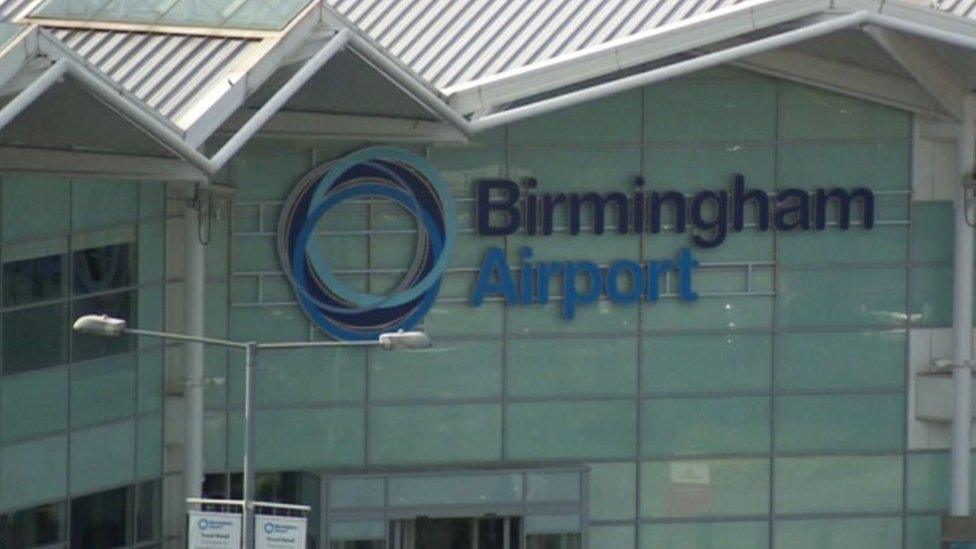
The city council owns shares in Birmingham Airport along with six other councils
A new terminal at the city's airport was opened to passengers in 1984 by Her Majesty the Queen and since 1986, shares have been owned by the seven district councils of the West Midlands - including Birmingham.
In total, the authority owns 18.68% of the total shareholding.
BBC Midlands Political Editor Elizabeth Glinka said given that Coventry and Solihull also both have shares in the airport, a sale by Birmingham would be "quite embarrassing".
And as the other councils in the West Midlands Combined Authority aren't going to want to lose control to another investor, it's complicated.
In its draft statement of accounts for 2021-22, the council said Covid-19 continued to have an impact on the financial performance the airport, which is showing a net loss, adding it would "continue to monitor the performance of its companies".

Council housing
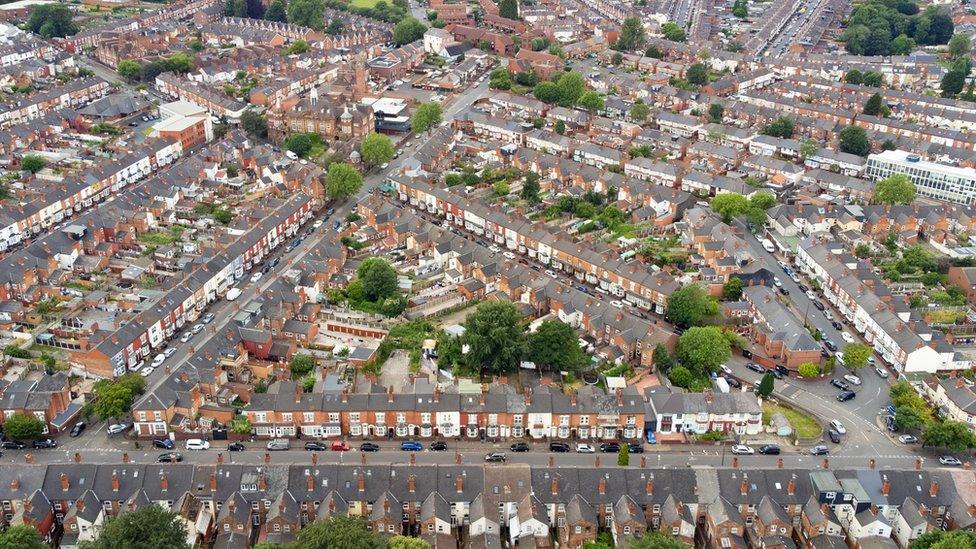
The council owns thousands of social housing properties
The city council also has approximately 59,000 social housing properties.
BBC political reporter Rob Mayor said: "Presumably there is room to sell off and effectively outsource that, which would be a concern to tenants."
Mark Coxshall, the Conservative leader of Thurrock Council, which issued a section 114 last year, previously refused to rule out selling 10,000 homes in order to help pay off a £1.5bn debt.
It was despite concerns from Labour member Lynn Worrall that residents would be angry they "could end up with a housing association running our houses".
However, Birmingham recently came under fire as about 23,000 of the homes had serious health and safety issues, including overdue asbestos checks as well as fire and electrical risks, the Regulator of Social Housing (RSH) review found.

Alexander Stadium

The Alexander Stadium was the centrepiece of the 2022 Commonwealth Games
The stadium, in Perry Barr, was the main venue for athletics when the city hosted the 2022 Commonwealth Games.
An investment of £72m was made in advance of the competition, and the facility now boasts two world class athletics tracks, and the council says "modern conference, meeting and event spaces".
As of August, the council had also begun marketing 968 homes on land that was initially earmarked for the athletes' village, although plans for that were dropped.

The Library of Birmingham
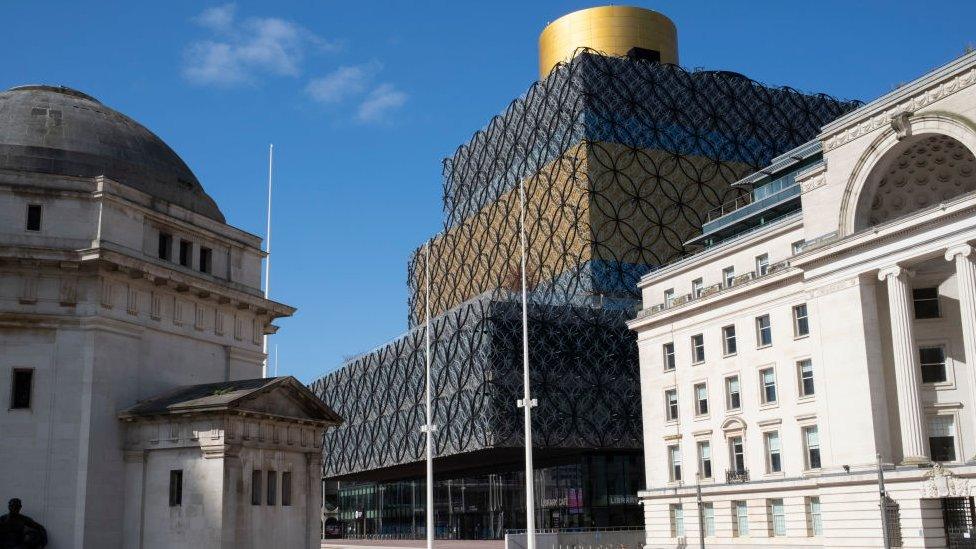
Birmingham library, the largest of its kind in Europe, opened in 2013
The city's public library - complete with an amphitheatre, gardens and hundreds of thousands of books - opened to the public in 2013 at a cost of £189m.
It is believed to be Europe's largest public lending library and houses one of the UK's most important Shakespeare collections.
In 2015, it received nearly two million visits and was the most visited tourist attraction outside of London.
Our West Midlands political editor added that both the stadium and the library would feel like "family jewels".
But she questioned who might be interested in buying both, and whether it would happen - with the risk of both becoming a "fire sale" where they go for less than their true value.
While our Birmingham political reporter added: "I think again there's a question about who would buy it - presumably some sort of lease back deal is more likely?"
A lease back sees an owner sell a property to a third party who then agrees to simultaneously rent it back to the original owner on completion so they can remain in place.

Birmingham Museum and Art Gallery
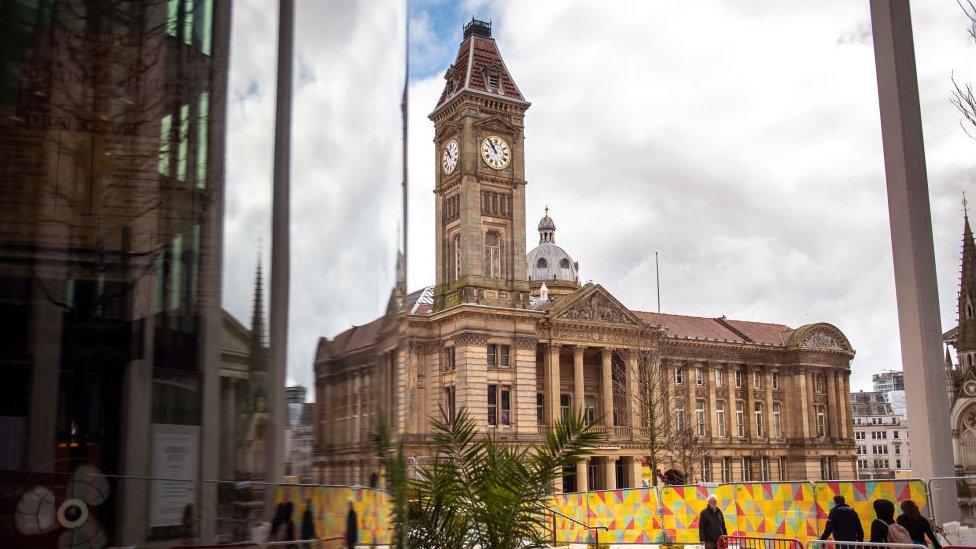
Birmingham Museum and Art Gallery is currently closed for maintenance works
Birmingham Museum & Art Gallery is housed in a Grade II* listed building. It is operated by the museums trust, but the council owns both the building and its collections.
The building, home to the largest public Pre-Raphaelite collection in the world, closed in 2020 for building work, but partially reopened in 2022 for the Commonwealth Games.
It has since been closed for essential maintenance work, with plans to reopen sometime in 2024.
In a post on social media site X, formerly known as Twitter, Mr Street added: "The idea of Birmingham City Council selling its cultural assets to help its finances seems a red herring [and] something I'd be totally against.
"An asset sale for an authority so rich in land is absolutely right - but I'm sure the focus will be on sites [and] land of strategic value."

Sarehole Mill
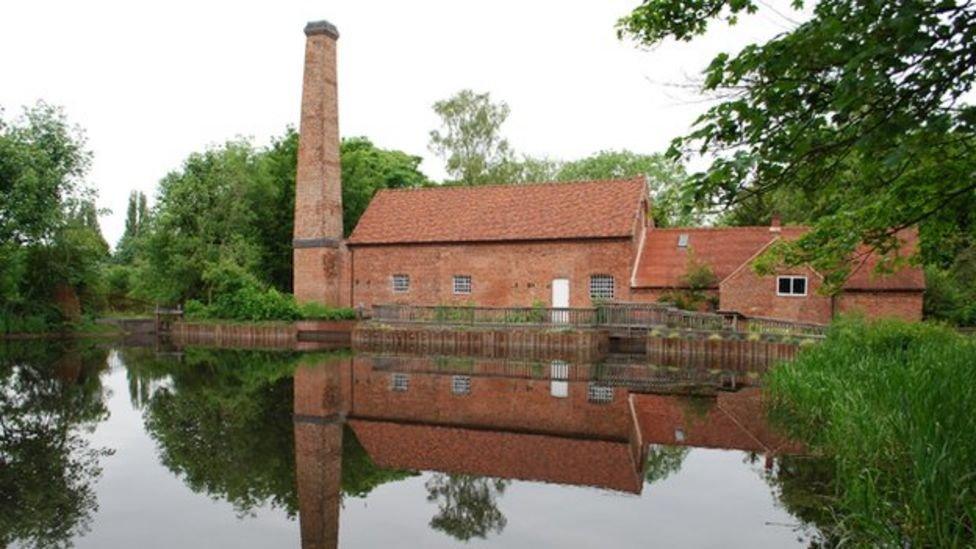
JRR Tolkien lived close to Sarehole Mill as a boy
With assets like Sarehole Mill, which has connections to Lord of the Rings author JRR Tolkien, Rob Mayor said there was "puzzlement" at what selling it off might achieve.
"How much would you get and who would buy it?" he added.
"The major cash they have tied up is in land which can be developed."
The author grew up opposite the now 250-year-old mill, and in 2019 thousands of pounds were raised to restore it after one of its wheels was unable to turn due to trapped debris caused by a flood.

Prof Tony Travers, visiting professor in the LSE Department of Government, said selling off assets "would not provide money immediately to relieve 'annual' budget pressures".
"If the council sold off, say, a building, it couldn't immediately use the cash to spend on day-to-day services, but it could put the money in the bank and use the interest to do so," he said.
If a building is already generating income, he said the issue would be if it would generate more in interest if it was sold.
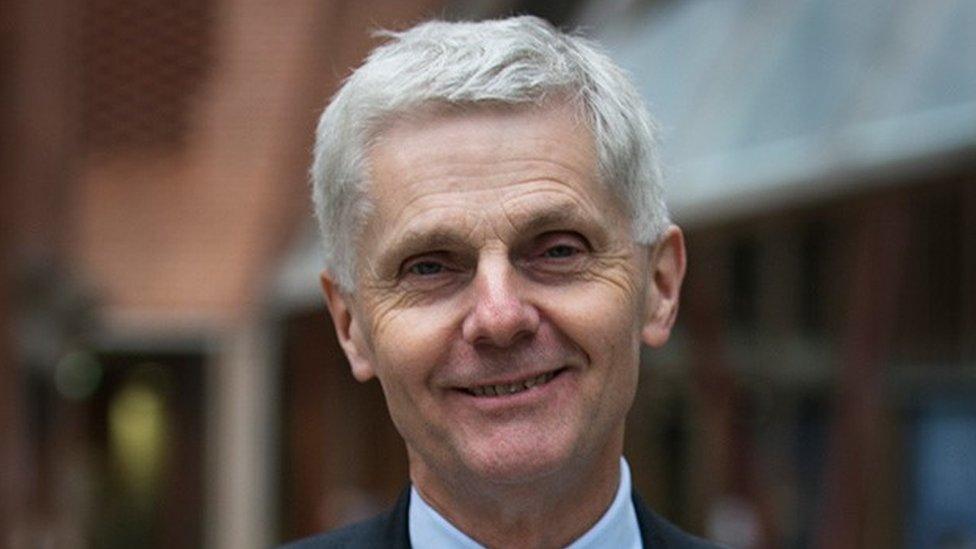
Prof Tony Travers said Birmingham City Council had in the past been given special permission to use revenue from asset sales towards paying off claims
"Equal pay claims/payment count as 'revenue', ie day-to-day, spending," Mr Travers added.
"Having said that, the government has in the past allowed Birmingham to 'capitalise' such spending. That is, treat it as if it were capital."
This is called a "capitalisation direction" and can come through the exceptional financial support the council is seeking from the government.
Max Caller, a former non-executive director of Birmingham City Council, who was appointed in 2019 to try to help it deal with historical financial problems, said the sale of assets is what Slough has used to help ease its problems after it filed a section 114.
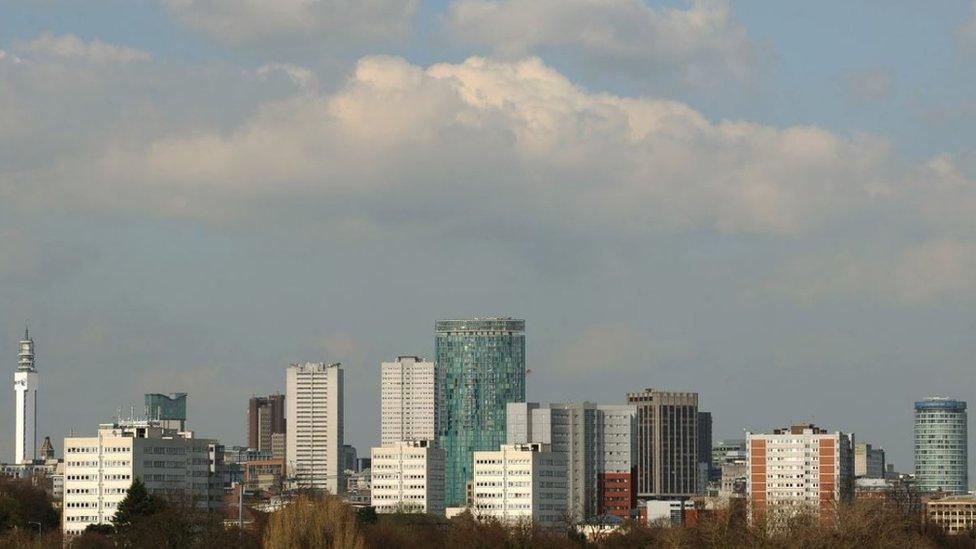
The council owns some 26,000 acres of land (more than 10,500 hectares)
"What actually happens then is that the asset sales are applied to paying back the debt and then to any outstanding debt, which reduces the debt charge the authority is paying," he said.
"Those are revenue, so it reduces the revenue bill and reduces the net spend.
"It is a complicated way to do it, most authorities can't do it and you have to be in trouble to get there."
When asked if the sale of assets was being considered to raise funds, the city council said it was still very early stages after the section 114 notice, signalling effective bankruptcy, was issued.
Asked about the potential of selling assets on BBC Politics Midlands, council leader John Cotton added: "We're having to review all of council activity and look at where we make our spend.
"But my priority is that we continue to focus on front-line service delivery and the things that matter most to the people of the city in making those decisions."

Follow BBC West Midlands on Facebook, external, Twitter, external and Instagram, external. Send your story ideas to: newsonline.westmidlands@bbc.co.uk, external
Related topics
- Published18 September 2023
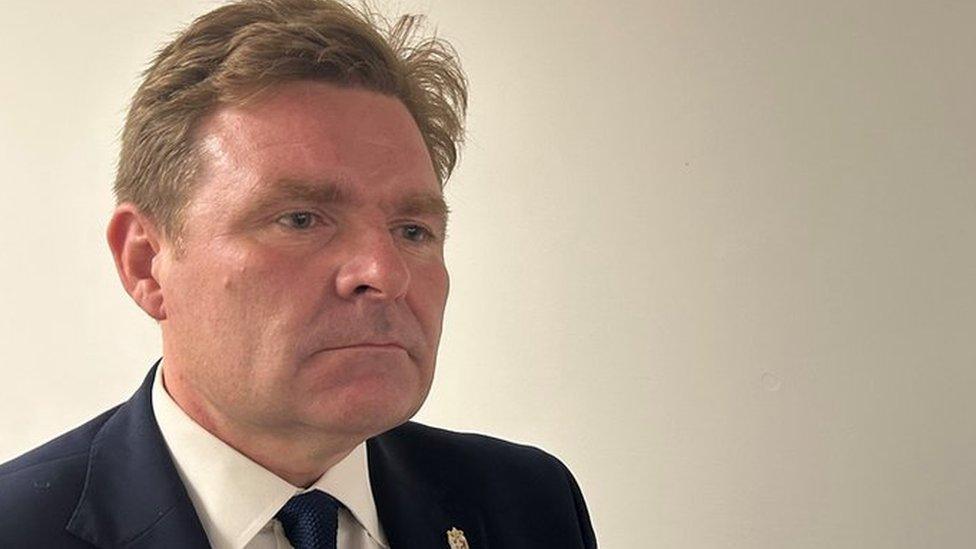
- Published14 September 2023

- Published13 September 2023
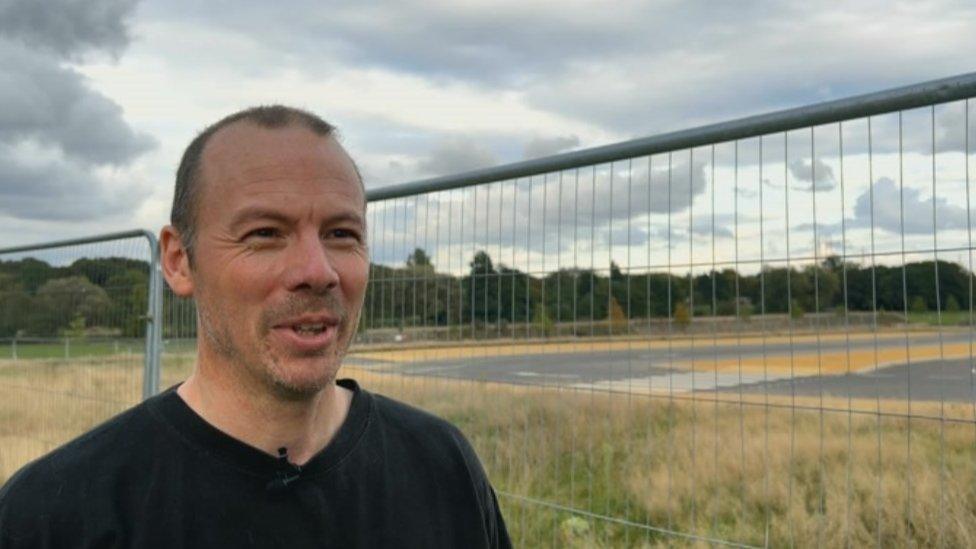
- Published11 September 2023
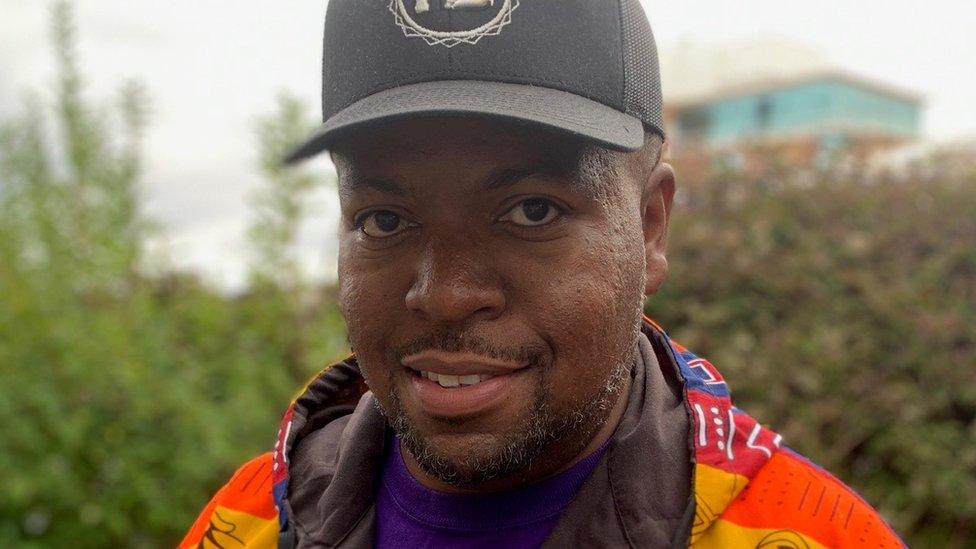
- Published10 September 2023
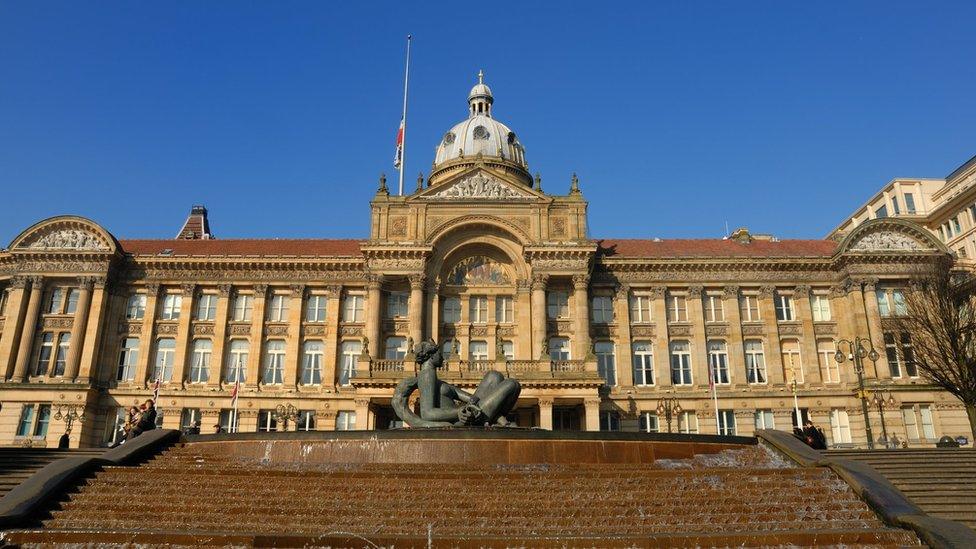
- Published8 September 2023
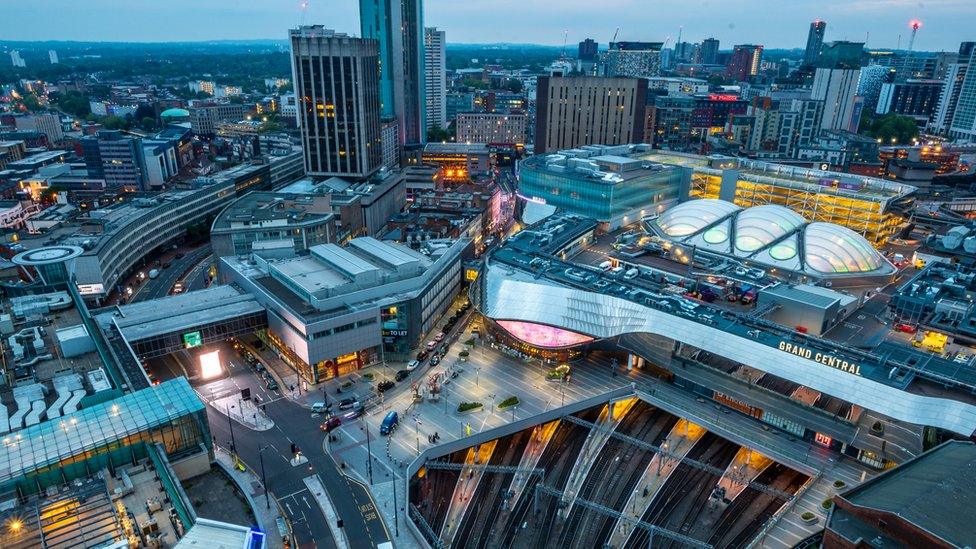
- Published6 September 2023
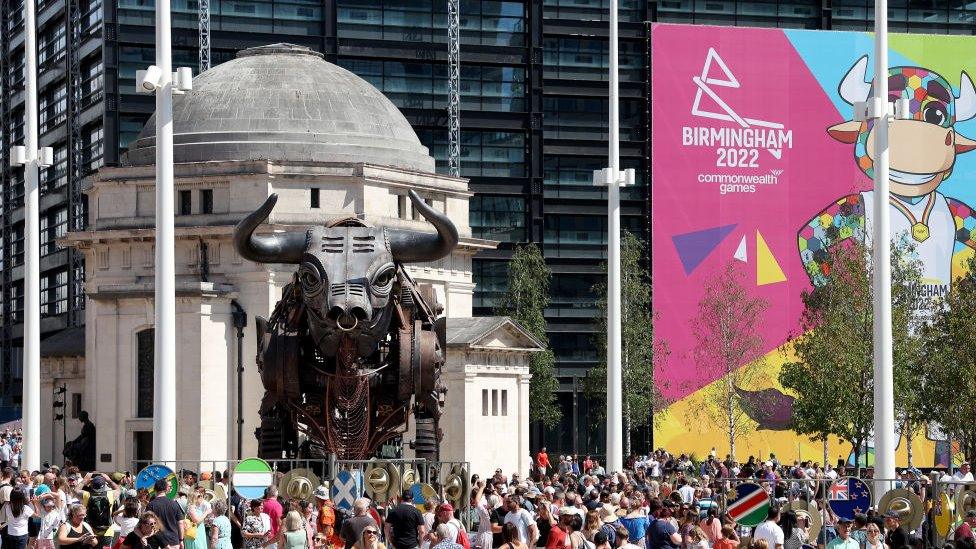
- Published5 September 2023
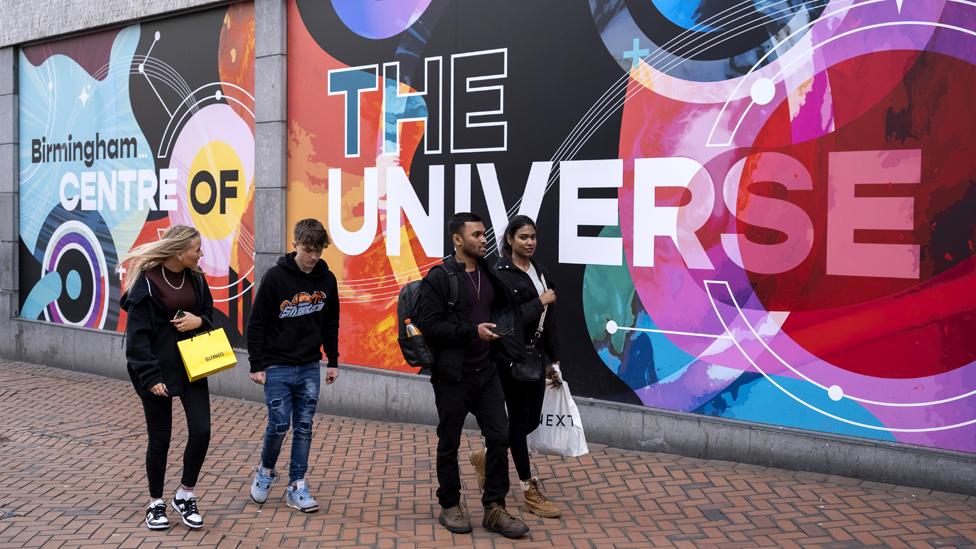
- Published15 October 2018
